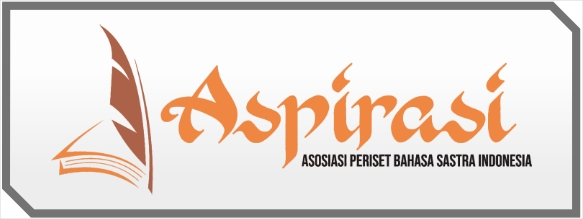Hubungan Antara Pemahaman Sila Keempat Pancasila dan Sikap Demokratis Mahasiswa : Analisis di Lingkungan Ppkn C 2022 Unimed
DOI:
https://doi.org/10.55606/cendekia.v4i3.2982Keywords:
Pancasila, Fourth Principle, PPKn C UnimedAbstract
The Republic of Indonesia is a country that has various ethnic, cultural, racial, religious and linguistic diversity. This diversity is united by the existence of Pancasila. Pancasila is the basis of the Republic of Indonesia which was ratified on August 18 1945. Pancasila is the basis of the State, the result of culture and people's thinking which is used as a guideline for life in society, nation and state. Pancasila has noble values which are reflected in the Pancasila principles. The results of the research show that students in the PPKN C 2022 Unimed environment have varying levels of understanding of the Fourth Principle of Pancasila. There may be variations in their knowledge and understanding of the values contained in the Fourth Precept, such as human rights, social justice, equality, and unity. This research has important implications for the development of citizenship education within PPKN and Medan State University in general. Efforts to increase students' understanding of Pancasila values can contribute to the formation of a more democratic and participatory attitude.
References
Ardyamarthanino, Verelladevanka, and Tri Indriawati, ‘5 Fungsi Bahasa Indonesia Sebagai Bahasa Negara’, Kompas.Com, 2023
Assapari, M. Mugni, ‘Eksistensi Bahasa Indonesia Sebagai Bahasa Nasional Dan Perkembangannya Di Era Globalisasi’, Prasi, 9.35 (2014), 29–37 <https://ejournal.undiksha.ac.id/index.php/PRASI/article/view/8943/5776>
Bulan, Deanty Rumandang, ‘Bahasa Indonesia Sebagai Identitas Nasional Bangsa Indonesia’, Jurnal JISIPOL, 3.2 (2019), 23–29
Fitriani Lubis, Dkk, Bahasa Indonesia Untuk Perguruan Tinggi, ed. by Osberth Sinaga, 1st edn (Binjai: CV. DARIS INDONESIA, 2024)
Khair, Ummul, ‘Pembelajaran Bahasa Indonesia Dan Sastra (BASASTRA) Di SD Dan MI’, AR-RIAYAH : Jurnal Pendidikan Dasar, 2.1 (2018), 81 <https://doi.org/10.29240/jpd.v2i1.261>
Maharani, Intania Rizki, Aldi Mukti Al Bukhori, and Lina Putriyanti, ‘Peranan Bahasa Indonesia Sebagai Bahasa Pengantar Dalam Dunia Pendidikan Serta Faktor Yang Mempengaruhinya’, Prosiding Sendika, 4.1 (2023), 368–74
Marsudi, Marsudi, ‘Eksistensi Bahasa Indonesia Sebagai Bahasa Persatuan’, Jurnal Sosial Humaniora, 1.2 (2008), 172–84 <https://doi.org/10.12962/j24433527.v1i2.674>
Widowati, Dilla Fitri, ‘Eksistensi Bahasa Indonesia Dalam Menunjang Ilmu’, Language, 8 (2019), 8
Wirahyuni, Kadek, ‘Penilikan Kesalahan Berbahasa Indonesia Yang Baik Dan Benar Dalam Konteks Sosial-Masyarakat Di Ruang Publik’, Jurnal Penelitian Dan Pengembangan Sains Dan Humaniora, 3.1 (2019), 68–76 <https://doi.org/10.23887/jppsh.v3i1.17366>
Downloads
Published
How to Cite
Issue
Section
License
Copyright (c) 2024 CENDEKIA: Jurnal Ilmu Sosial, Bahasa dan Pendidikan

This work is licensed under a Creative Commons Attribution-ShareAlike 4.0 International License.






















